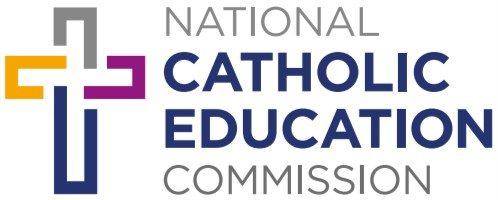The National Catholic Education Commission (NCEC) said the announcement of round two offers of the $160 million Commonwealth Teaching Scholarships program is a positive step in addressing Australia’s teacher workforce shortage. However, it is critical that such initiatives do not exclude Catholic and other non-government schools.
NCEC Executive Director Jacinta Collins said the Albanese Government’s program is showing a strong uptake in the number of prospective teachers, but it must include all sectors.
“These scholarships provide much-needed financial support to aspiring teachers and will help attract more individuals to the profession, but they cannot be exclusive to government schools,” Ms Collins said.
“Catholic schools, particularly those in rural, regional and remote areas, are finding it increasingly tough to find teachers and initiatives like this must be needs-based and sector-blind.
“The current requirement that recipients commit to teaching for up to four years exclusively in government schools neglects the significant contribution of Catholic and other non-government schools, which educate over 36 per cent of all Australian school students.
“Ensuring that all schools — government and non-government — have access to high-quality teachers is crucial to strengthening the entire education sector and providing genuine choice for families.”
Ms Collins said the Commonwealth is not the employer of teachers in government schools — state and territory governments are. The government has a responsibility to remain sector-neutral in addressing national teacher workforce challenges.
“Many state and territory governments are already incentivising the recruitment of teachers through bursaries and scholarships for their government schools,” Ms Collins said. “Our principals are telling us that they are unable to compete with the incentives being offered in the public sector.”
In the lead-up to the federal election, the NCEC is calling on the Labor government to review its teaching scholarship program and other national reform initiatives to ensure they are needs-based and sector-blind.
